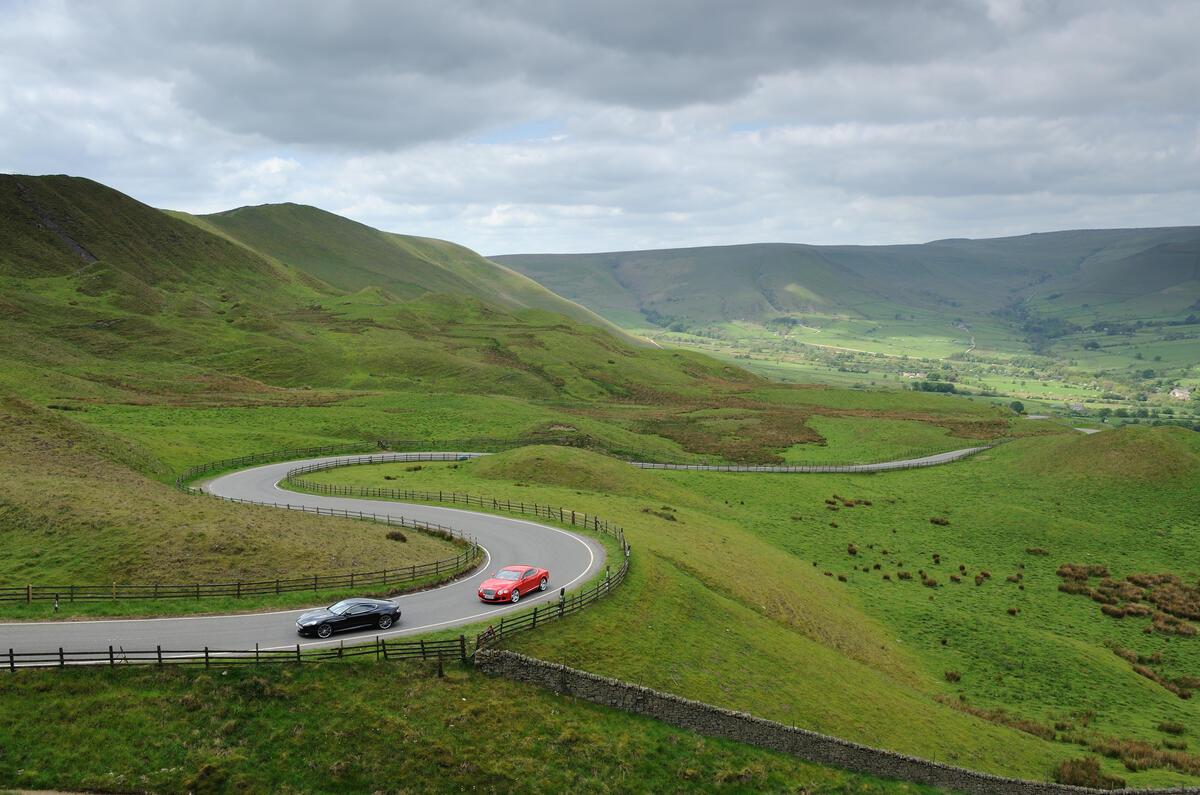The Lake District has denied reports that it is planning to ban cars from certain areas at the busiest times of the year.
Richard Leafe, Chief Executive of the Lake District National Park Authority said: “There aren’t currently any plans to ban cars in the Lake District, however there are ideas about trialling measures to reduce traffic and what the benefits and impact might be."
Initially reported by The Guardian, the plans would have seen private cars banned from the busiest parts of the Lake District during the busiest periods of the year to combat congestion. The newspaper had reported that park executives were “actively considering” the move, with the popular Great Langdale and Wasdale, both in the Lake District, likely to be on the banned list.
With the national parks trying to fight congestion on a local level and adhere to larger climate commitments, those in charge are trying to find alternative transport options for visitors.
Free shuttle buses were trialled through the Wasdale valley last summer to cope with increased demand after Covid forced thousands to holiday in the UK rather than abroad.
Applications for two new car parks were rejected by the park on 3 November over concerns that they would set a precedent for car parks elsewhere in the Lake District. Despite this, a new car park at Ullock Moss is under consideration.
Leafe said: "During this summer we successfully trialled a shuttle bus service at Wasdale and Buttermere, supported a discounted service at Ullswater and park and sail at Keswick.
"We promoted a range of ideas for visitors to get around the Lake District, such as boats, bikes and easy walking routes, which have great health and wellbeing benefits, as well as being kinder to the environment.
“We’ll continue to build on the results of these trials and explore a range of ideas that could help relieve traffic and parking issues, working with landowners, communities, stakeholders and the highways authority.”
Speaking to The Guardian, Leafe had previously said: “It feels like we are at peak car. I want to see less reliance on it into the future.
“It cannot go on getting worse. Otherwise, it really will become too much to handle in our national parks. We need to see a shift to more sustainable travel.”
Meanwhile, Peak District national park bosses are keen to test an on-demand bus scheme known as 'hail-a-ride' to discourage car drivers.
Park chief executive Sarah Fowler described the system as “Uber but on a bus scale”. She said: “It’s not a scheduled bus service, but you hail it using an app and it carries people from gateway sites in to the park.”
Fowler has also been in discussions with local railway companies to provide more cycle space in carriages. She has also called proposals by the Hope Valley Climate Action Group to close some roads to cars a “really interesting concept”.
At Loch Lomond, bosses are considering increasing parking prices. Despite plans for a shuttle bus service next year, they recognise that public transport links need improving first.




Join the debate
Add your comment
My guess is that banning cars will work, and cut down visitors. Laying on buses however wil not work. Those visitors will just get in their cars and go somewhere else
Sad news...